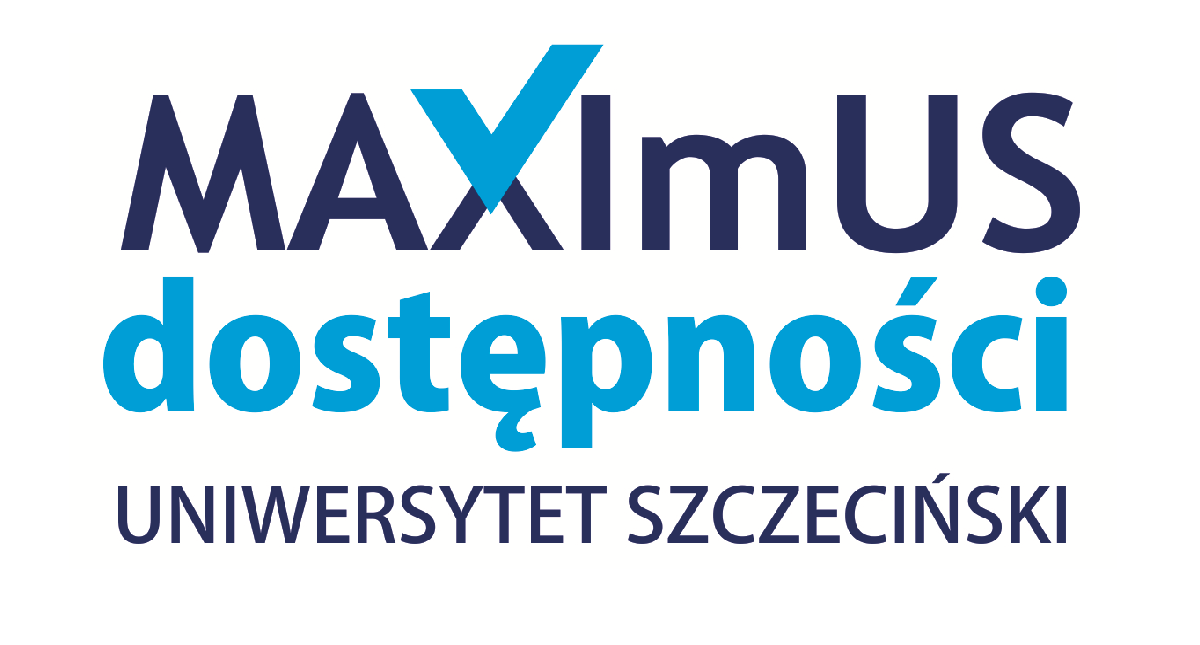Operations of the Accessibility Department were launched in 2007 by Rector of the University of Szczecin. The primary idea behind establishing this unit was to provide the wide group of students with disabilities with the forms of support and assistance necessary for participation in the process of learning.
The secondary, nevertheless, still very important goal, is granting organizational and substantive aid addressed to academic and administrative staff of the University who engage in contact with persons with disabilities on a daily basis.
Employees of the Department offer aid to all persons with disabilities in the formal understanding. It means that students who come across difficulties with realization of programme of studies owing to disabilities can use services rendered by the Department.
Persons who were not issued formal medical certificate regarding disability can also use our services. This pertains primarily to chronically ill or temporarily disabled students who owing to health condition are not able to realize the programme of studies. Such persons are entitled to use services rendered by the Department and can expect that adjustments will be made which will enable such persons to continue education.
Persons with medically certified disabilities studying at the University of Szczecin enjoy exactly the same rights and obligations as students without disabilities.
You want to study at the University of Szczecin? It is an excellent choice! Persons with disabilities can participate in recruitment for course in any selected field of study. The recruitment process proceeds on equal terms for all prospective students.






